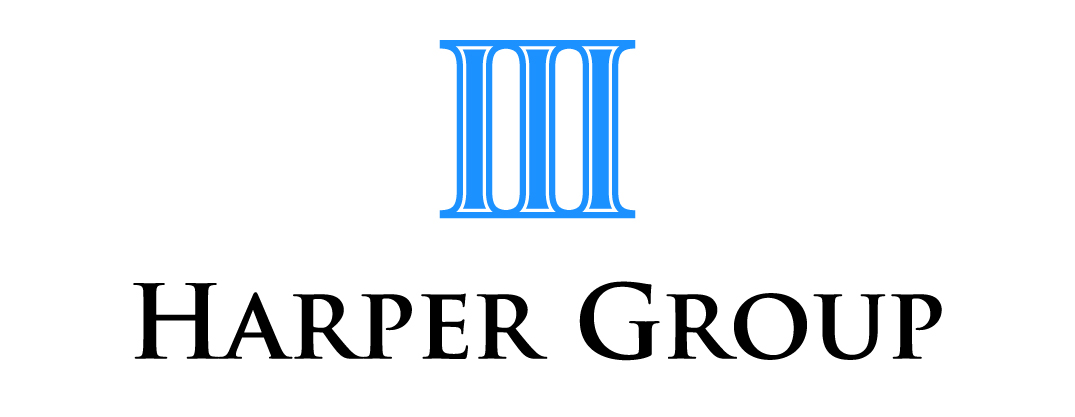Where do reward programs stand in regard to tax?
Many businesses and organisations offer their customers loyalty award-based incentive programs. They are designed to reward customers for purchasing or using a company’s goods and services (or sometimes affiliated businesses).
The ATO deems that flight rewards received under consumer loyalty programs are generally not taxable. However, it also notes that FBT may apply where:
· the employer and the employee have a family relationship and the flight reward is received in connection with the employment, or
· a flight reward is provided to an employee, or the employee’s associate, under an “arrangement” for the purposes of FBT that results from business expenditure.
The flight rewards might also be subject to income tax if these are received by an individual who:
· renders a service on the basis that an entitlement to a flight reward will arise
· receives the flight reward as a result of business expenditure, or
· where the activities associated with the obtaining of the reward amount in themselves to a business activity.
As a result of one particular court case, the ATO accepted that flight rewards received by employees in their personal capacities in respect of expenditure paid by their employer are not assessable income.
The tax treatment is based on the court’s decision that flight rewards received by an individual who provides services, or who has received the reward because of “business expenditure”, are not assessable as the reward arises from the personal (that is, non-service/non-business) contractual relationship with the rewards program administrator.
The case in question dealt with the situation where an employee who had accumulated points as a result of travel on behalf of her employer converted those points into airline tickets for her parents (the points were not convertible to cash). The court held that the points related to her membership of the program, and there was no contractual relationship between the employer and the program administrator. Consequently it was irrelevant that the employer had paid for the cost of the original travel.
An exception to this tax treatment however would be where a person renders a service on the basis that there will be an entitlement to a flight reward — that is, a person enters into a service contract understanding they will receive rewards.
So while the ATO provides that rewards received under consumer loyalty programs arising from “private expenditure”are not subject to tax, it is however on the lookout under circumstances where:
· the arrangement is so contrived and artificial that it has no commercial purpose other than to allow the recipient to receive the rewards.
· the nature of the arrangements suggests that the rewards are a substitute for income which would otherwise be earned.
· the points accumulated exceed 250,000 points per annum.
Harper Group Pty Ltd – Chartered Accountants Frankston - Ph 9770 1547
Disclaimer: All information provided in this article is of a general nature only and is not personal financial or investment advice. Also, changes in legislation may occur frequently. We recommend that our formal advice be obtained before acting on the basis of this information.
Please note we at Harper Group Pty Ltd are not licensed to provide financial product advice under the Corporations Act 2001 (Cth) and taxation is only one of the matters that must be considered when making a decision on a financial product, including on whether to make superannuation contributions. You should consider taking advice from the holder of an Australian financial services licence before making a decision on a financial product.
